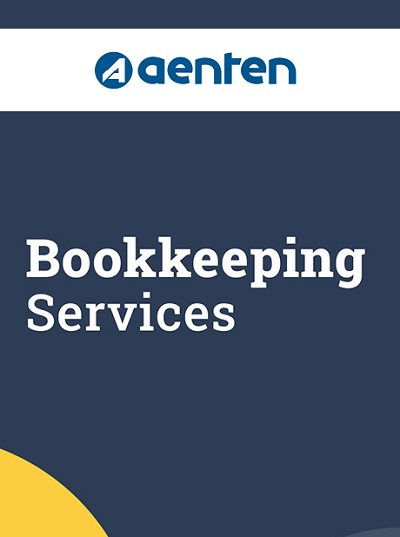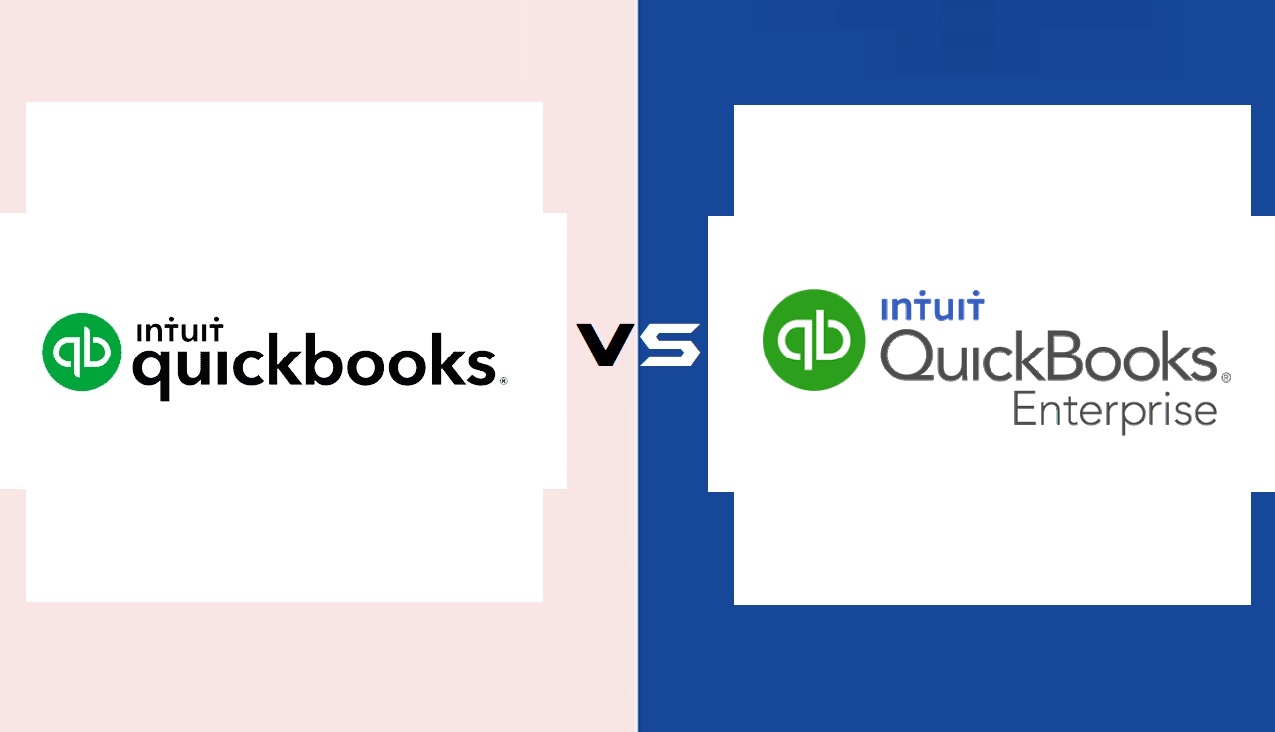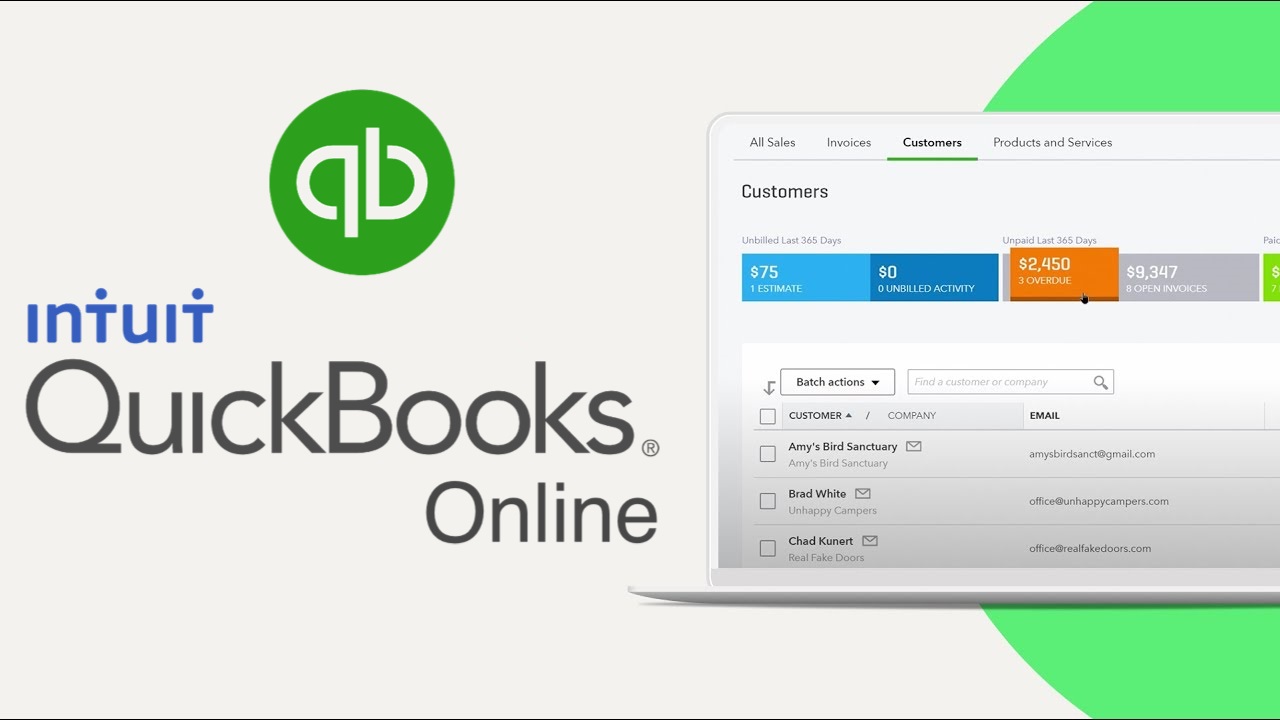As a small business owner, managing your finances can be a challenging task. From keeping track of income and expenses to preparing financial statements and tax returns, there are many financial responsibilities that require your attention. Hiring a bookkeeper can be an effective way to manage your finances and free up your time to focus on growing your business. In this article, we will discuss the pros and cons of hiring a bookkeeper for your small business.

Pros Of Hiring a Bookkeeper:
- Saves Time
One of the main benefits of hiring a bookkeeper is that it saves you time. By outsourcing your bookkeeping tasks, you can free up your time to focus on other aspects of your business such as marketing, sales, and customer service. This allows you to work on growing your business and generating more revenue.
- Improves Accuracy
Bookkeepers are trained to be accurate and precise in their work. They have the skills and knowledge necessary to manage your finances and ensure that everything is done correctly. By hiring a bookkeeper, you can reduce the risk of errors and inaccuracies in your financial statements and tax returns.
- Reduces Stress
Managing your finances can be stressful, especially if you are not familiar with accounting practices. By hiring a bookkeeper, you can reduce the stress associated with managing your finances. This allows you to focus on other aspects of your business and enjoy a better work-life balance.
- Provides Financial Insights
Bookkeepers have access to financial data that can provide valuable insights into your business. They can help you understand your financial position, identify areas for improvement, and make informed business decisions based on data. This can help you grow your business and increase profitability.
- Helps with Tax Compliance
Bookkeepers can help ensure that your business is compliant with tax laws and regulations. They can prepare and file your tax returns, track deductible expenses, and provide advice on tax planning strategies. This can help you avoid penalties and fines and reduce the risk of an IRS audit.
- Saves Money
Although hiring a bookkeeper may seem like an additional expense, it can actually save you money in the long run. By having accurate financial records, you can identify areas where you can save money, such as reducing unnecessary expenses or negotiating better rates with suppliers. This can help you increase profitability and grow your business.
Cons Of Hiring a Bookkeeper:
- Cost
Hiring a bookkeeper can be expensive, especially for small businesses with limited resources. Bookkeepers typically charge hourly rates, which can add up quickly. However, the cost of hiring a bookkeeper may be offset by the time and money you save by outsourcing your bookkeeping tasks.
- Finding the Right Bookkeeper
Finding the right bookkeeper can be a challenge. It is important to hire someone with the right skills and experience to manage your finances. You may need to spend time interviewing candidates and checking references to find the right person for the job.
- Risk of Fraud
Although rare, there is a risk of fraud when you hire a bookkeeper. It is important to take steps to reduce the risk of fraud, such as conducting background checks and implementing internal controls. You should also review your financial statements regularly to ensure that everything is accurate and consistent with your records.
- Loss of Control
When you hire a bookkeeper, you may feel like you are losing control of your finances. It is important to establish clear expectations and guidelines for your bookkeeper to ensure that they are managing your finances in a way that aligns with your goals and values.
- Communication Issues
Communication is key when working with a bookkeeper. It is important to establish clear lines of communication and ensure that your bookkeeper is providing regular updates on your financial position. This can help you make informed decisions and stay on top of your finances.
- Limited Scope of Services
Bookkeepers typically provide a limited scope of services compared to accountants. While bookkeepers are trained to manage day-to-day financial transactions and record-keeping, they may not have the expertise necessary to provide strategic financial advice or assist with more complex accounting issues. If your business requires more extensive financial services, you may need to hire an accountant or seek additional support from a financial advisor.
- Dependence on the Bookkeeper
When you hire a bookkeeper, you become dependent on their services to manage your finances. This can be problematic if the bookkeeper becomes unavailable or decides to leave your business. It is important to have a backup plan in place and ensure that you have access to your financial records in case of an emergency.
- Limited Control Over Financial Information
When you hire a bookkeeper, you are entrusting them with sensitive financial information. While bookkeepers are required to maintain confidentiality and protect your information, you may feel uncomfortable with the idea of someone else having access to your financial data. It is important to establish trust with your bookkeeper and ensure that they are following ethical and professional standards.
- Limited Flexibility
When you hire a bookkeeper, you may be limited in terms of scheduling and flexibility. Bookkeepers typically work during regular business hours and may not be available on weekends or evenings. If you require more flexibility in terms of scheduling or support, you may need to consider other options such as hiring a virtual bookkeeper or using accounting software.
- Potential for Miscommunication
Miscommunication can be a risk when working with a bookkeeper. It is important to establish clear expectations and guidelines for communication to ensure that your bookkeeper understands your needs and priorities. This can help reduce the risk of errors or misunderstandings in your financial records.
Also Read : Why Small Businesses Should Regard To Quarterly Tax Payments.
Conclusion:
Hiring a bookkeeper can be a valuable investment for small businesses looking to manage their finances more effectively. By outsourcing bookkeeping tasks, you can save time, improve accuracy, and reduce stress. However, there are also potential drawbacks to consider, including the cost of hiring a bookkeeper and the risk of fraud. Ultimately, the decision to hire a bookkeeper will depend on your business needs, budget, and goals. It is important to carefully weigh the pros and cons and seek advice from trusted Aenten professionals before making a decision.




